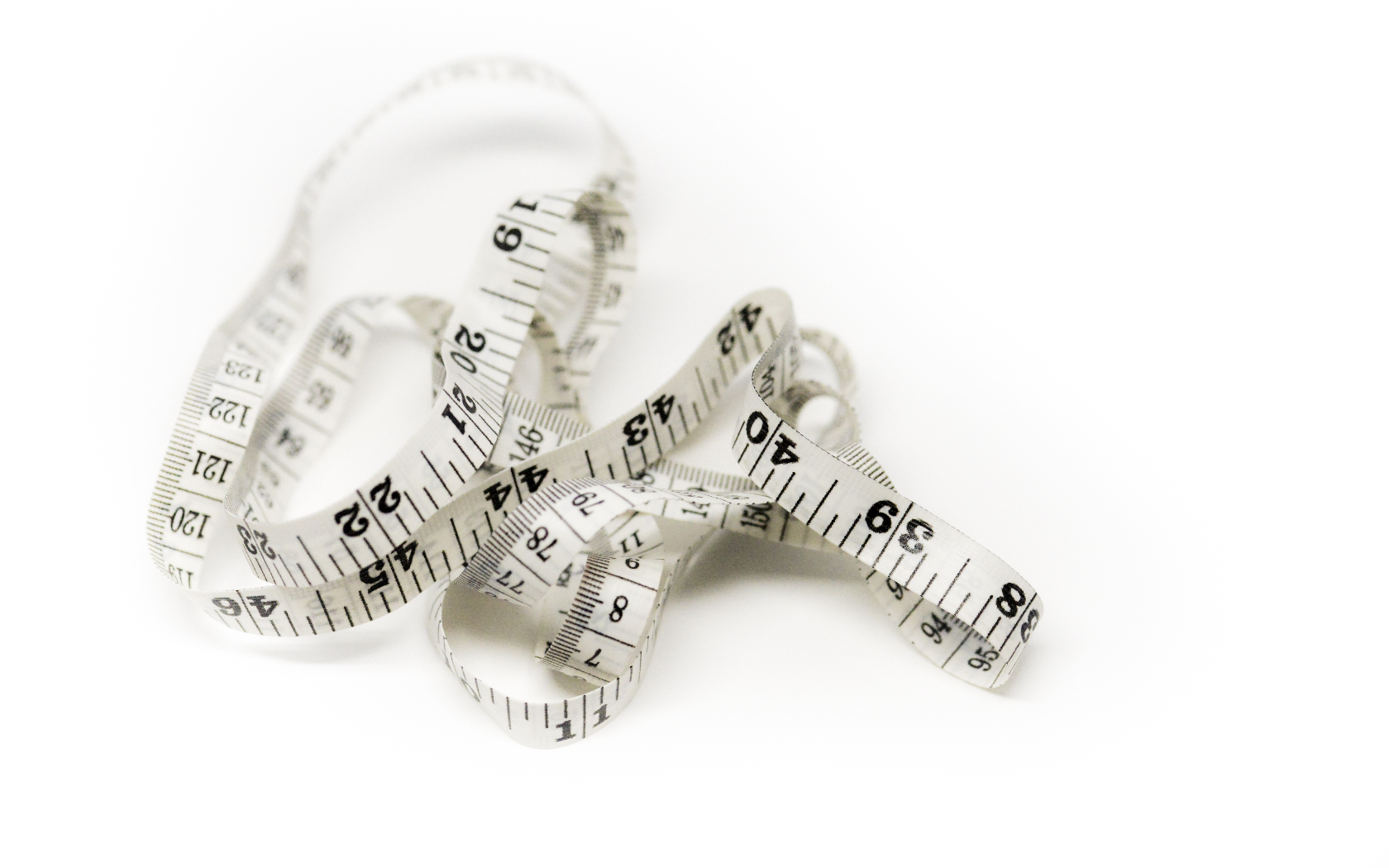News release
From:
Study shows women appear to lose more weight with weight loss drugs, whereas men lose more weight with most dieting regimens
New research to be presented at the International Congress on Obesity in Melbourne (18-22 October) (the biennial congress of the World Obesity Federation) shows that women appear to lose more weight with weight loss drugs whereas men tend to lose more weight with diets. The study is by Alyssa Susanto, Associate Professor Samantha Hocking, and colleagues in the Faculty of Medicine and Health at the University of Sydney, NSW, Australia.
Most pharmacological interventions do not report weight loss separately for males and females, despite the physiological and biological differences. To investigate whether gender differences exist in pharmacological interventions, the authors examined weight loss for males and females separately using datasets from three clinical trials: Semaglutide Treatment Effect in People with obesity (STEP-1), SCALE Obesity and Prediabetes and Sibutramine Cardiovascular Outcomes Trial (SCOUT)), and the literature.
In STEP-1, 1961 participants with overweight and at least one weight-related complication or obesity (without type 2 diabetes) were randomised to semaglutide 2.4 mg or placebo for 68 weeks. SCALE Obesity and Prediabetes investigated liraglutide 3.0 mg compared with placebo for weight management over 56 weeks in 3723 adults with obesity or overweight with weight-related complications. The SCOUT trial recruited 10,744 participants (aged 55 years and over) with overweight or obesity and pre-existing type 2 diabetes, history of cardiovascular disease or both, randomised to sibutramine or placebo for 60 months. Relative % mean weight loss was analysed separately for males and females in treatment and placebo groups for each trial.
At week 68 of STEP-1, the mean relative weight loss was -16.9% (semaglutide) and -2.4% (placebo) for the entire cohort. Stratification by gender resulted in a statistically significant difference in weight loss in the semaglutide group: -18.4% for females and -12.9% for males, whereas weight loss in the placebo group was similar: -2.1% for females and -3.5% for males.
In the SCALE Obesity and Prediabetes trial, females had greater weight loss than males at similar exposures of liraglutide. In the SCOUT trial at 12 months, the mean percentage weight change was -4.5% (sibutramine) or -2.0% (placebo) for the entire cohort. Stratifying by gender resulted in significant differences for both treatment groups: -4.0% for men and -5.2% for women (sibutramine) or -1.9% for men and -2.2% for women (placebo). This persisted over most measurement time points.
In contrast, in clinical trials of lifestyle intervention for weight loss, men tend to lose more weight than women. A systematic review of lifestyle weight loss trials by Williams and colleagues (2015) found that men lost more weight than women in ten out of the eleven studies that directly compared the genders. However, while male weight loss exceeded that of females, this review stressed that the weight loss achieved by females was still significant and thus lifestyle interventions are still useful for achieving weight loss in both genders.
The authors conclude: “Gender differences in weight loss interventions with pharmacological treatment have not been studied extensively. Our findings suggest females lose more weight than males in pharmacological weight loss interventions, though the mechanisms for this are
unclear. This finding is contrary to most dietary regimens where, if there is a gender difference detected, males tend to lose more weight than females. The identification of gender-related variables may improve the personalisation of treatment with anti-obesity drugs to achieve the optimal weight loss outcomes for patients.”
Associate Professor Hocking adds: “As these gender differences in weight loss within drug trials are usually not seen in lifestyle weight loss trials or in lifestyle control groups of these trials, they may be better explained by gender differences in pharmacokinetics of these drugs. Physiological variations between genders often results in differences in the way drugs are absorbed, handled, distributed and excreted within the body.”
Professor John Wilding, Past President of the World Obesity Federation and Professor of Medicine based at Aintree University Hospital, University of Liverpool, UK, says: “It is interesting to note the gender differences in responses to both dietary / lifestyle and pharmacological interventions. One possible explanation for the greater response in females to pharmacological interventions may be that as (in general) women are lighter than men, and, when the drug doses are the same, this could result in women receiving slightly higher doses in relation to their body weight and therefore having a greater response to the drug.
“It is more difficult to explain why men may do better in response to lifestyle interventions, but this might relate to social factors and differences between men and women who choose to take part in research trials.”



 Australia; NSW
Australia; NSW


